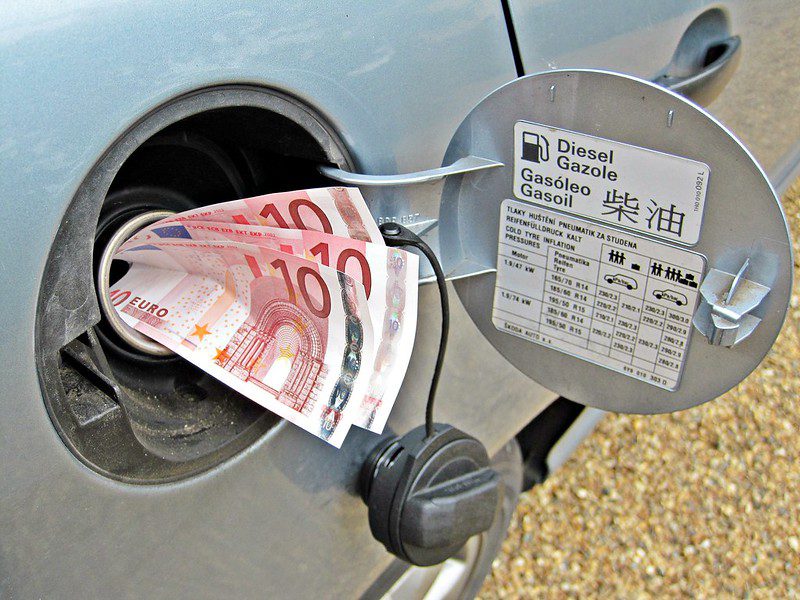
Austria’s federal government has published its plans for a €2 billion package of measures aimed at easing the burden on Austrian citizens caused by inflation and rising energy prices.
Around €900 million of the proposed package consists of reductions in taxes on natural gas and electricity, scheduled to last until the end of June 2023, Finance Minister Magnus Brunner (ÖVP) and Environment Minister Leonore Gewessler (Greens) announced on March 20th. However, a huge uproar arose over a planned €400 million increase in the commuter tax allowance, which critics say disproportionately favors higher earners. Other parts of the package are dedicated to supporting public transportation, easing the burden on small and medium-sized businesses, and investing €250 million in wind and solar power.
While the head of the Economic Research Institute (WIFO), Gabriel Felbermayr, has described the package as a “reasonable compromise,” Austrian Trade Union Federation (ÖGB) head Wolfgang Katzian criticized the measures as “too timid.” Katzian added that his own proposals on lowering fuel and energy prices were not implemented and called presenting this package as major relief “completely inappropriate.” Katzian also pointed out that the package failed to address food prices and housing costs and argued that if the price of oil falls, this should be reflected in the price of fuel immediately, not after a two-week delay.
The Chamber of Labor (AK) president Renate Anderl, on the other hand, singled out for criticism the package’s “absurdly unfair commuter allowance,” by which higher earners could see higher savings than lower earners. Higher taxation on big incomes would be undercut by these commuter allowance savings. In addition to these social justice criticisms, the Momentum Institute has expressed concern about protecting the climate, as the package as it stands lacks insufficient incentives for commuters to switch to public transportation. Similar criticism was voiced by environmental organizations ranging from Greenpeace and WWF to Fridays for Future.
The Federation of Austrian Industry (IV) was similarly harsh in its criticism of the package. The IV president Georg Knill called the measures a “drop in the bucket,” claiming that they “ fail to see the realities of companies.” Further relief, like the electricity price compensation that already exists in other countries, is needed. Austrian Chamber of Agriculture (LKÖ) president Josef Moosbrugger also expressed concern, calling the relief for farmers “completely uncertain” and noting that more farmers may have to shut down production unless further support appears on the horizon. Crucially, this would only increase Austrian dependence on imports.
